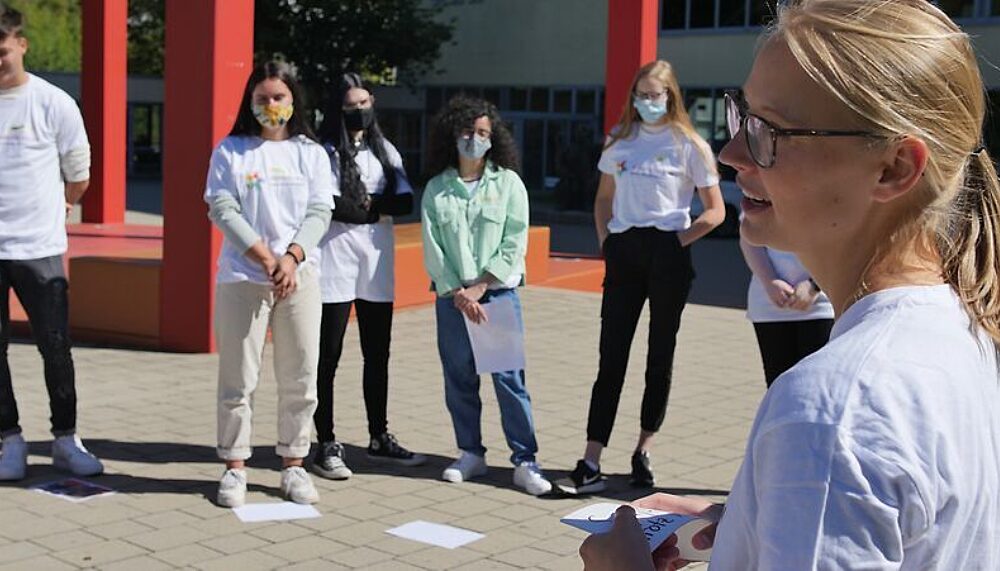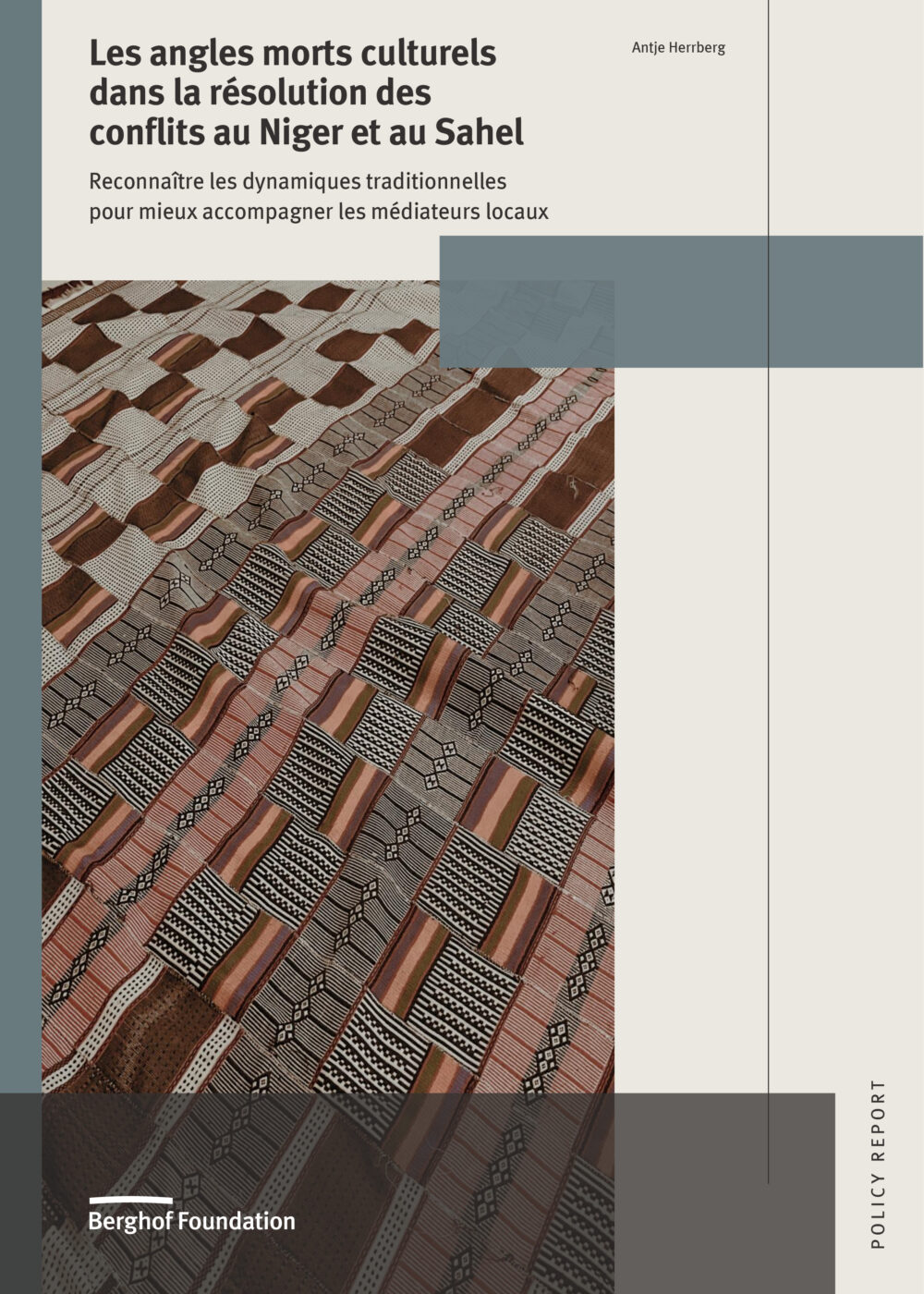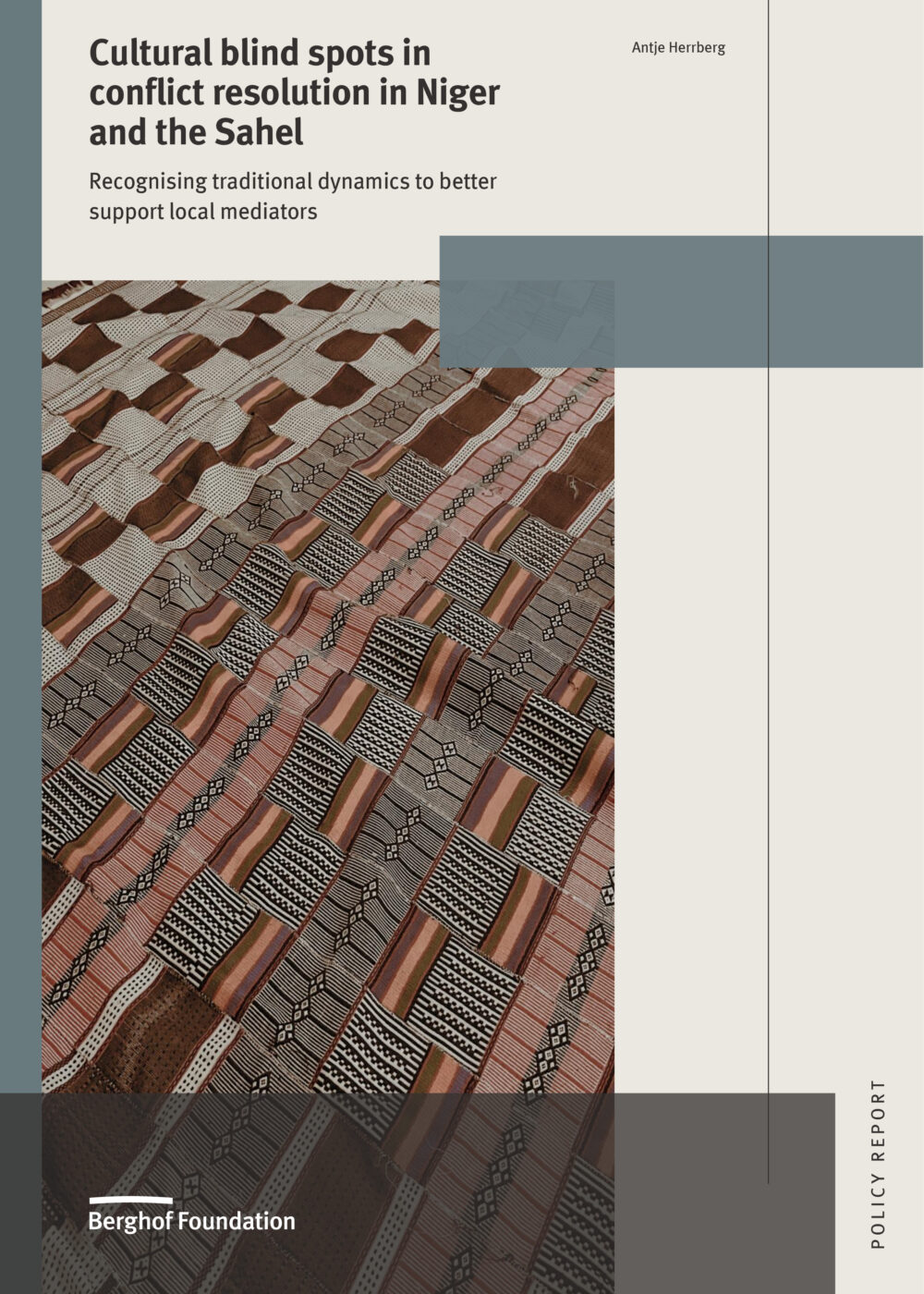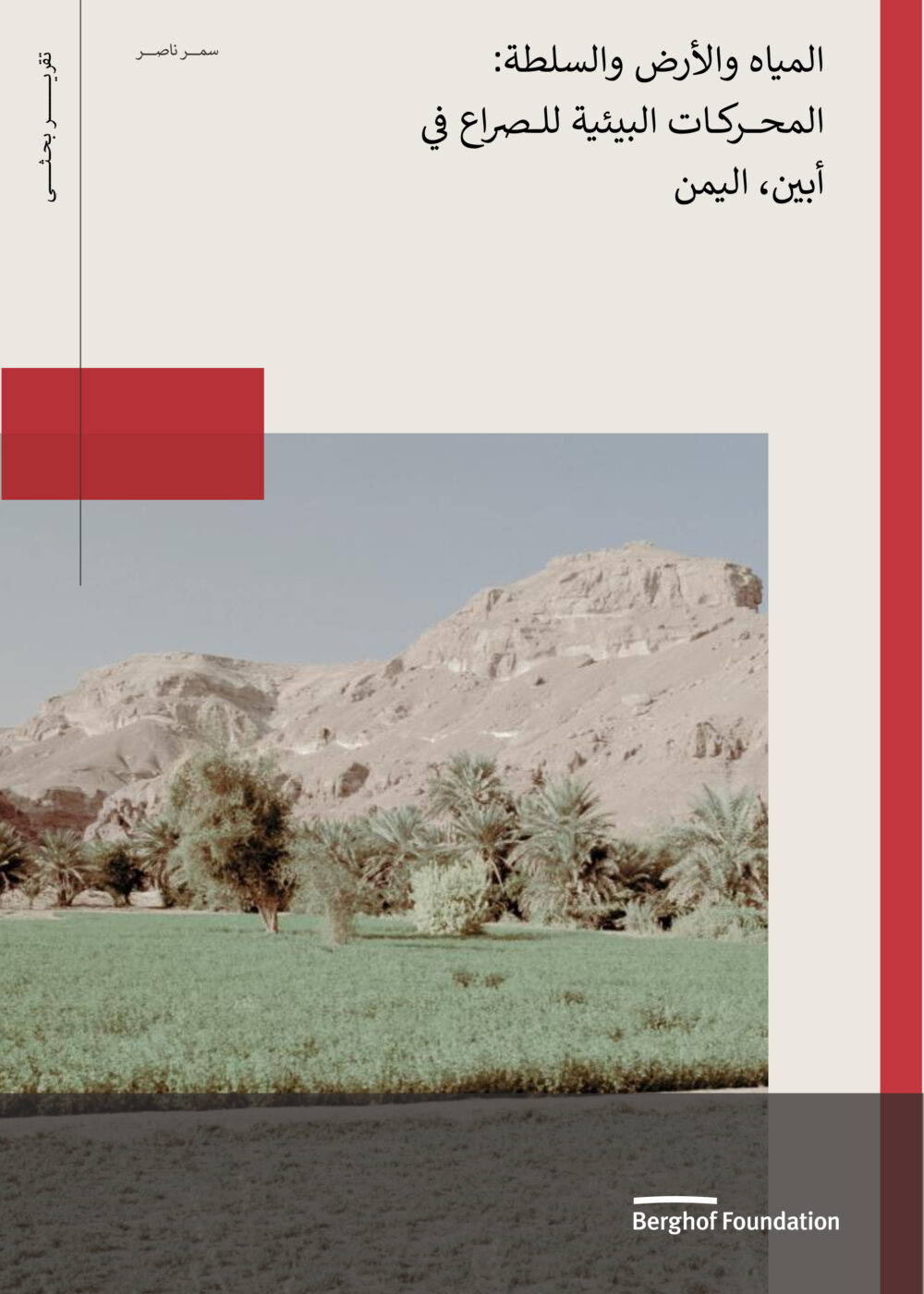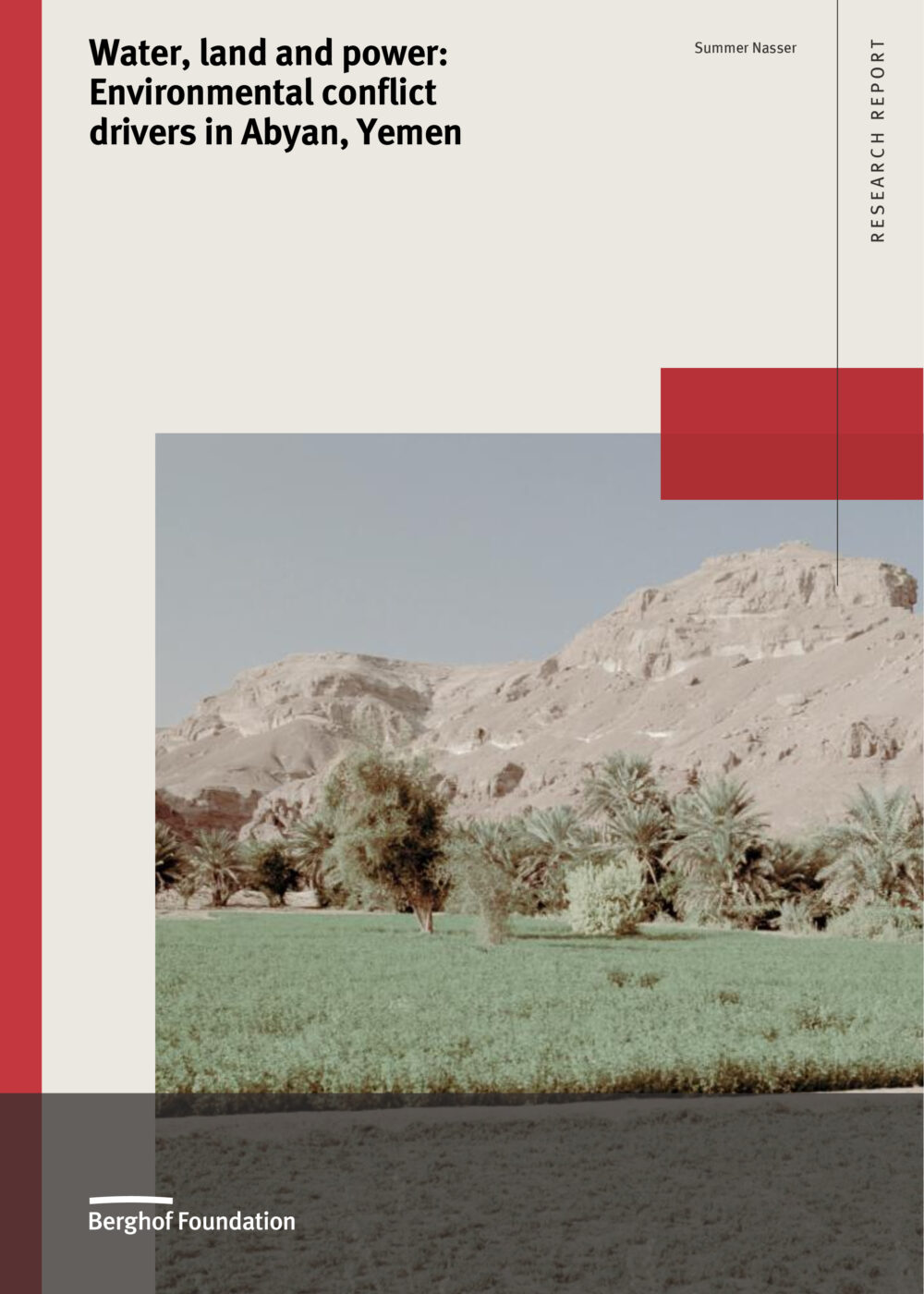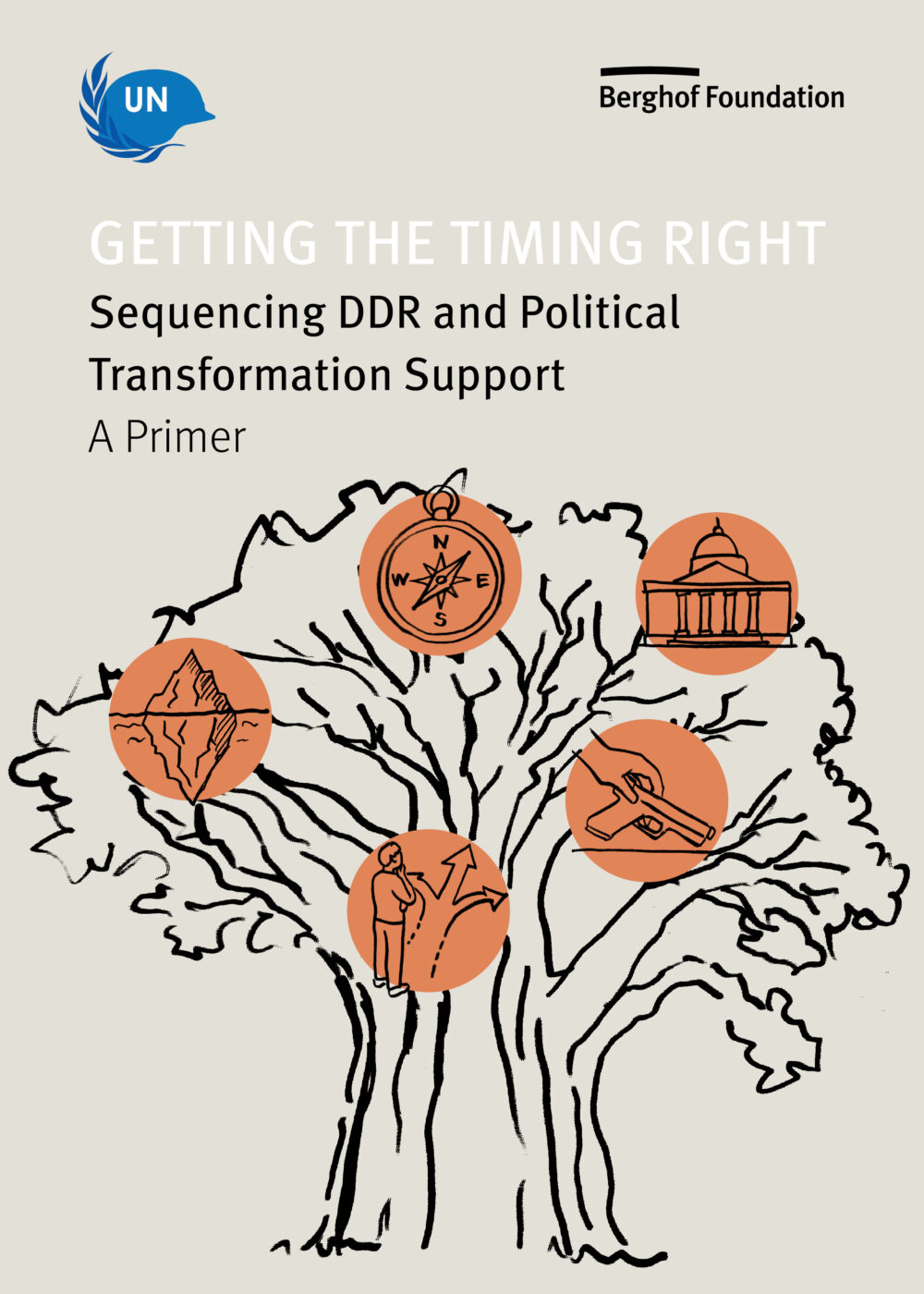11 Dec 2019
Salafi jihadi armed groups and conflict (de-)escalation
The case of al-Shabaab in Somalia
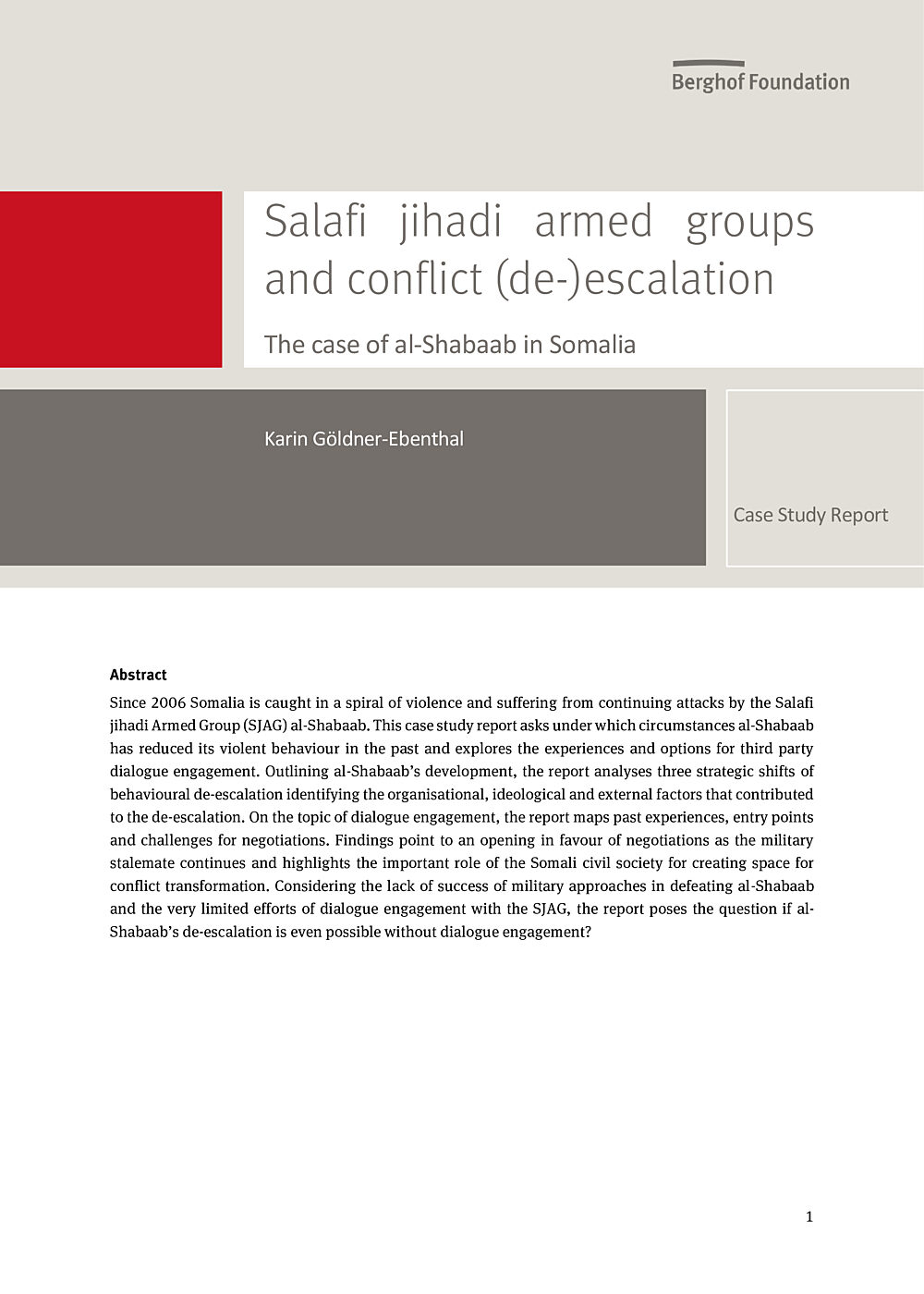
Since 2006 Somalia is caught in a spiral of violence and suffering from continuing attacks by the Salafi jihadi Armed Group (SJAG) al-Shabaab. This case study report asks under which circumstances al-Shabaab has reduced its violent behaviour in the past and explores the experiences and options for third party dialogue engagement.
Authors
Outlining al-Shabaab’s development, the report analyses three strategic shifts of behavioural de-escalation identifying the organisational, ideological and external factors that contributed to the de-escalation. On the topic of dialogue engagement, the report maps past experiences, entry points and challenges for negotiations. Findings point to an opening in favour of negotiations as the military stalemate continues and highlights the important role of the Somali civil society for creating space for conflict transformation. Considering the lack of success of military approaches in defeating al-Shabaab and the very limited efforts of dialogue engagement with the SJAG, the report poses the question if al-Shabaab’s de-escalation is even possible without dialogue engagement?
- Dialogue with Salafi jihadi armed groups. Challenges and opportunities for conflict de-escalation
Karin Göldner-Ebenthal, Véronique Dudouet, Marie Migeon. 2019
- Salafi jihadi armed groups and conflict (de-)escalation. The case of Ahrar al-Sham in Syria
Karin Göldner-Ebenthal, Ahmed Elsayed. 2019
- Salafi jihadi armed groups and conflict (de-)escalation. The case of Ansar Dine in Mali
Tim Jan Roetman, Marie Migeon, Véronique Dudouet. 2019
- Les groupes armés salafi-djihadistes et la (dés)escalade des conflits. Le cas d’Ansar Dine au Mali
Tim Jan Roetman, Marie Migeon, Véronique Dudouet. 2020
- Expert Roundtable on Salafi jihadi armed groups. De-escalation trajectories and dialogue engagement – Workshop report
Karin Göldner-Ebenthal, Véronique Dudouet. 2020
- Challenges and opportunities for conflict resolution with Salafi jihadi armed groups. Policy brief No. 10
Véronique Dudouet, Karin Göldner-Ebenthal. 2020
Thanks for your interest
If you find this publication useful, please consider making a small donation. Your support enables us to keep publishing.


